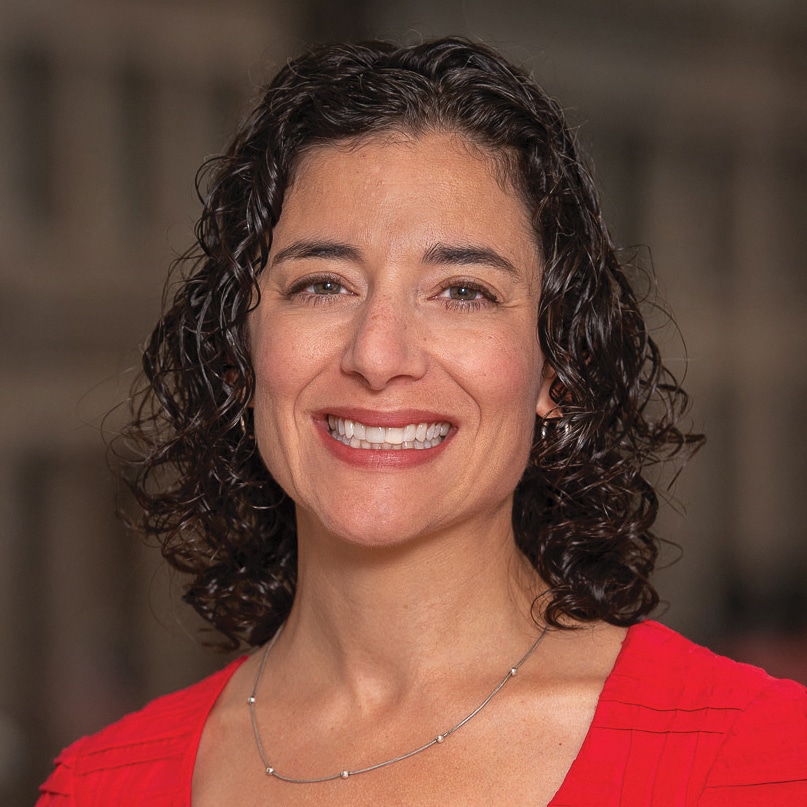“Yeah…but does it work?” I’ll bet every single one of us striving to support and implement student-centered learning has been asked that more times than we can count. Every policymaker, educator, budget-developer, civil rights advocate, funder and parent wants answers. Not being able to answer that question definitively has undoubtably hampered the ability for practices like deeper learning, competency-based education and personalized learning to reach more students and have a more significant systems impact.
And the last thing any of them (or us!) want to hear is… “Well, it’s complicated.” How exactly are you defining “it”? Does it work for which students? Under which conditions? Are we talking about classroom-level changes, full systems transformation or something in between? Has the effort been in place long with enough diverse students to claim legitimate results? What exactly was the intervention, and did it look the same in each location? Over what time period? Were you using meaningful measures to capture mindset shifts or just test scores? And on and on.
Visit the data library to explore research findings on student-centered learning that can help inform classroom, school and district efforts.
These are all good questions and important for careful and defensible research. But picking apart individual studies or not having data we can look across makes it extremely hard to confidently answer “Yes! It works!”
That’s the bad news.
Here’s the good news. There already are a lot of data out there, new studies coming out weekly and more education leaders documenting and sharing their evidence. Researchers, ourselves included, will continue to build a careful and rich evidence base and wrestle with the necessary nuances and challenges of studying educational shifts and student outcomes.
Finding answers at the Student-Centered Learning Data Library
In the meantime, we’ve created the Student-Centered Learning Data Library as a way station to answering, “does it work?” Like any good library, it’s filled with the research equivalent of everything from thick chapter books to graphic novels and magazines. The data library houses multi-year, comparative studies of major reform efforts, case studies of a specific teaching practices, publicly reported district data and more.
The library has a powerful catalog system that lets you search by type of study (research-based or field-based), keywords or a set of commonly used tags such as ‘Impact and Outcomes’ and ‘Diversity, Equity and Inclusion.’ Each card in the catalog summarizes a key finding that can easily be copied and pasted into a report or embedded into talking points. If you’re interested in learning more, you can dive into the links for the original source. And keep your eye out for cards marked “View Data” – these have presentation-ready slides ready to save and use!
The data library doesn’t attempt to pull metadata or verify evidence sources. The library can’t speak to the ability to aggregate data, chart longitudinal evidence or settle a decade-long conversation about how to land on a specific definition of the intervention. As much as we might want it to, the project isn’t an effort to prove “it works” in a way that will put the questions to rest.
Instead, the data library makes it easier for educators and researchers who believe it might work to find and share evidence-based successes and compelling data points. It’s a chance to find a nugget of information that helps build the case or keep the momentum going. Because eventually, put enough nuggets together and we’ll have a gold mine.
We will continue to update the collection as new studies emerge and more schools and districts share their data on student-centered learning. You can also submit your own research to the library!





